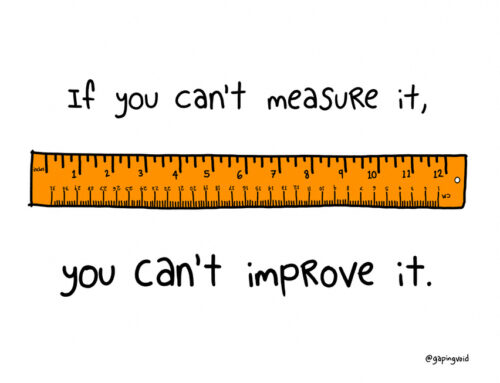The Power of Surroundings
April 23, 2017
Categories: Change
Most of the time when we think about making a change in our life, we think about changing something inside us. There are good reasons for this. When it comes down to it, we can only change ourselves. If you are focused too much on changing someone else, you will likely get frustrated. There is deep wisdom in the Serenity Prayer: God grant me the serenity to accept the things I cannot change; courage to change the things I can; and wisdom to know the difference.
However, even though it is important to focus on changing ourselves, it is also important to recognize that our surroundings are important. Your environment makes a huge difference in whether you make progress toward your goal.
I was watching ESPN the other day, and they were doing a story about how the number of fights per game in hockey are much lower now than in the 1980s and 1990s. In the 2005-2006 season, for example, the number of fights per game dropped to .41, which was the lowest it had been since the 1969-1970 season.
There are a lot of reasons why fighting in hockey has reduced over the years, but one big reason has to do with the power of surroundings. Namely, the penalties for fighting have gotten stiffer over the years. Currently in the NHL, any player who participates in a fight is given a five-minute major penalty. A player is automatically ejected and suspended if they leave the bench to join a fight, or use weapons (e.g., hockey stick, skate, etc.) of any kind. In 2005-2006, the same year that saw a huge drop in fights, the NHL instituted a new rule that added an ejection, fine, and suspension of an additional game for any player charged as an instigator of a fight during the final five minutes of the third period or overtime, as well as a fine against the ejected player’s head coach.
The NHL could have conducted mandatory trainings for all players to try to get them to individually stop fighting so much. But this would have taken a huge amount of time, energy, and money. As it turned out, a simple change in the environment did a great job of reducing the number of fights per game.
How can we use this lesson in our own life? Take some time to think about something you are working on in your own life. Maybe you are wanting to make an improvement in your job, or do a better job of connecting with your spouse and kids. Perhaps you want to work on your health and lose weight. Maybe you want to kick a bad habit or an addiction.
After you have identified something that you want to change in your life, take some time to reflect on how your surroundings are impacting your ability to make the change. For example, maybe you want to reduce the amount of alcohol you drink per week, but a big part of your social environment involves drinking. The surroundings are probably making it difficult for you to make any meaningful progress toward your goal. Or perhaps you want to improve your relationships with your spouse and kids, but your job requires you to work every night instead of being home for family dinner. In what ways are your surroundings working for or against your goal? What is one change you could make in your surroundings that would make your change effort more likely to be successful?
Related Thoughts
No Comments
Leave A Comment

Subscribe To My Newsletter
Join my mailing list to receive the latest blog posts.
Receive my e-book “The Mental Health Toolkit” for free when you subscribe.






[…] Adjust the surroundings. Make your environment work for you, not against you. […]